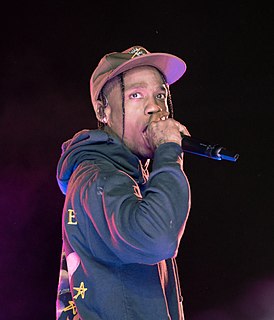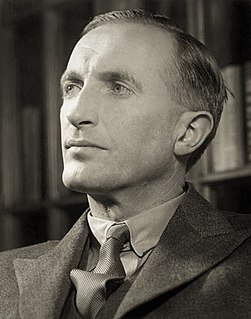A Quote by Julia Cameron
Our internal artist is always our creative child.
Related Quotes
The refusal to be creative is an act of self-will and is counter to our true nature. When we are open to our creativity, we are opening to God: good, orderly direction. As we pursue our creative fulfillment, all elements of our life move toward harmony. As we strengthen our creativity, we strengthen our connection to the Creator within. Artists love other artists. Our relationship to God is co-creative, artist to artist. It is God's will for us to live in creative abundance.
Most people would say they live with an internal angst that they can't always put their finger on. This is because the Internet has changed our very way of being in this world, compelling us to be perpetually "on" - from our cars to our computers, our tablets to our smartphones, our desks to our living rooms or dining tables, our churches to our libraries to our schools.
We talk to ourselves incessantly about our world. In fact we maintain our world with our internal talk. And whenever we finish talking to ourselves about ourselves and our world, the world is always as it should be. We renew it, we rekindle it with life, we uphold it with our internal talk. Not only that, but we also choose our paths as we talk to ourselves. Thus we repeat the same choices over and over until the day we die, because we keep on repeating the same internal talk over and over until the day we die. A warrior is aware of this and strives to stop his internal talk.
An artist requires the upkeep of creative solitude. An artist requires the healing of time alone. Without this period of recharging, our artist becomes depleted. Until we experience the freedom of solitude, we cannot connect authentically. We may be enmeshed, but we are not encountered. Art lies in the moment of encounter. We meet our truth and we meet ourselves and we meet our self-expression.
Dogmatism of all kinds--scientific, economic, moral, as well as political--are threatened by the creative freedom of the artist. This is necessarily and inevitably so. We cannot escape our anxiety over the fact that the artists together with creative persons of all sorts, are the possible destroyer of our nicely ordered systems. (p. 76)
Churches are more prosperous than at any time within the past several hundred years. But the alarming thing is that our gains are mostly external and our losses wholly internal; and since it is the quality of our religion that is affected by internal conditions, it may be that our supposed gains are but losses spread over a wider field.
Through our own creative experience we came to know that the real tradition in art is not housed only in museums and art galleries and in great works of art; it is innate in us and can be galvanized into activity by the power of creative endeavour in our own day, and in our own country, by our own creative individuals in the arts.





































